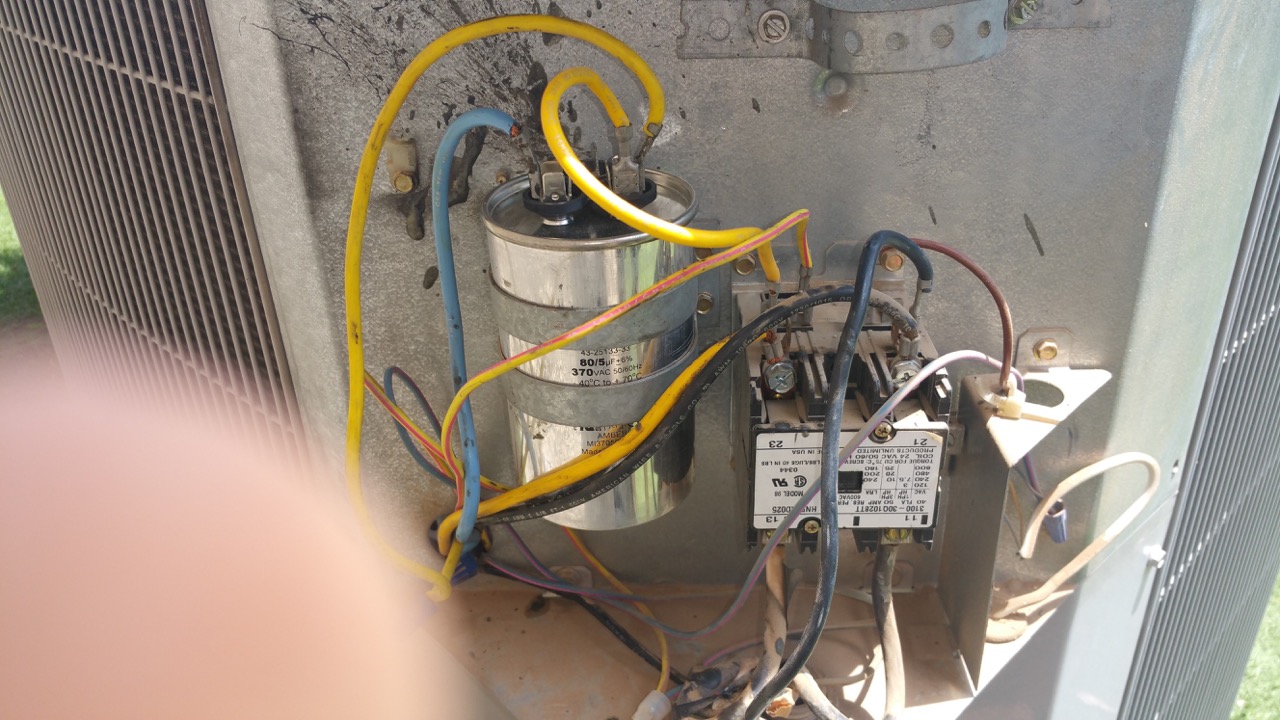

Articles
How Long Does AC CapACitor Last
Modified: January 19, 2024
Learn how long an AC capacitor typically lasts and get expert advice in this informative article on AC capacitor lifespan and maintenance.
(Many of the links in this article redirect to a specific reviewed product. Your purchase of these products through affiliate links helps to generate commission for Storables.com, at no extra cost. Learn more)
Introduction
Welcome to our comprehensive guide on AC capacitors! If you’re a homeowner, chances are you rely on your air conditioning system to keep you cool and comfortable during the hot summer months. The AC capacitor is an essential component of your cooling system, responsible for storing and releasing electrical energy to initiate the start-up process of the compressor and fan motors.
In this article, we’ll delve into the world of AC capacitors, discussing what they are, how they function, and what you can do to ensure their longevity. We’ll also explore the various signs of a failing AC capacitor, so you’ll be able to identify when it’s time for a replacement.
So, let’s jump right in and discover everything you need to know about AC capacitors!
Key Takeaways:
- Regular maintenance, timely repairs, and proactive care can extend the lifespan of your AC capacitor, ensuring efficient cooling and preventing unexpected breakdowns.
- Recognizing signs of a failing capacitor, such as inadequate cooling and unusual noises, is crucial for prompt replacement and preventing further damage to your air conditioning system.
What is an AC Capacitor?
An AC capacitor, also known as an air conditioner capacitor, is an electrical component that stores and releases electrical energy to help start the compressor and fan motors in your air conditioning system. It is a vital part of the system’s operation and is responsible for providing the initial jolt of energy needed to get the motors running.
The AC capacitor is essentially a small cylindrical device made up of two metal plates separated by an insulating material called dielectric. The dielectric material can be ceramic, paper, or a type of plastic. These metal plates and the dielectric combine to create an electrical field between them.
When the air conditioning system is turned on, the AC capacitor receives an electrical charge from the power supply. This charge is stored in the capacitor, building up an electrical potential. Once the capacitor is fully charged, it releases the stored energy, which provides the necessary boost to start the compressor and fan motors.
In addition to initiating the startup process, the AC capacitor also helps to regulate the voltage flowing through the motors, ensuring they operate efficiently and preventing damage from power surges.
It’s worth noting that there are two types of capacitors commonly used in air conditioning systems: the start capacitor and the run capacitor. The start capacitor provides the initial boost of energy to start the motors, while the run capacitor provides a continuous flow of energy to keep the motors running smoothly throughout the cooling cycle.
Overall, the AC capacitor plays a critical role in the functionality and performance of your air conditioning system. Without a functioning capacitor, your system may struggle to start up, experience frequent shutdowns, or fail to perform at its optimal level.
Causes of AC Capacitor Failure
An AC capacitor, like any other electrical component, is susceptible to failure over time. Understanding the common causes of AC capacitor failure can help you take preventative measures and ensure the longevity of your cooling system. Here are some of the main causes to be aware of:
- Age: One of the primary factors contributing to capacitor failure is old age. AC capacitors are not designed to last forever, and as they age, their performance and reliability may start to deteriorate. The typical lifespan of an AC capacitor can range from 10 to 20 years, depending on various factors such as usage patterns and environmental conditions.
- Overheating: Excessive heat is another common cause of capacitor failure. AC units are often subjected to high temperatures, and if the capacitor overheats, it can lead to a breakdown of the internal components. This is often exacerbated by poor ventilation, dirty air filters, or debris blocking the air intake.
- Power Surges: Power surges can occur due to lightning strikes, electrical malfunctions, or fluctuations in the power grid. These sudden spikes in voltage can overload the AC capacitor, causing internal damage and ultimately leading to failure. Installing surge protectors can help mitigate this risk.
- Electrolyte Leaks: AC capacitors are typically filled with an electrolyte solution that helps facilitate the flow of electrical energy. Over time, the casing of the capacitor can deteriorate, leading to leaks. Electrolyte leaks can result in decreased capacitance and overall performance, eventually causing the capacitor to fail.
- Poor Maintenance: Neglecting regular maintenance can contribute to capacitor failure. Lack of proper cleaning, inspection, and lubrication can lead to the accumulation of dirt, dust, and debris, which can affect the performance of the capacitor and other components in the system.
It’s important to note that while these are common causes of AC capacitor failure, proper installation, routine maintenance, and regular inspections can greatly extend the lifespan of the capacitor. By addressing these issues promptly and taking proactive measures, you can minimize the risk of capacitor failure and ensure the efficient operation of your air conditioning system.
Signs of a Failing AC Capacitor
Recognizing the signs of a failing AC capacitor is crucial in order to address the issue before it escalates and affects the overall performance of your air conditioning system. Here are some common signs to look out for:
- Weak or No Cold Air: If you’ve noticed a decrease in the cooling capacity of your AC system, it could be a sign of a failing capacitor. As the capacitor deteriorates, it may struggle to provide the necessary electrical boost to start the compressor and fan motors, resulting in weak or no cold air being circulated throughout your home.
- Slow Start-up: An aging or faulty capacitor can cause your air conditioning system to take longer than usual to start up. You may notice a delay between turning on the AC unit and feeling the air begin to cool. This delay is often an indication that the capacitor is struggling to provide the initial jolt of energy required to initiate the startup process.
- Frequent On/Off Cycling: If you observe your AC system frequently cycling on and off, it could be a sign of a failing capacitor. As the capacitor weakens, it may struggle to maintain a consistent electrical flow, causing the system to repeatedly shut down and restart in an attempt to compensate for the inadequate power supply.
- Loud or Unusual Noises: A failing capacitor can result in strange noises coming from your AC unit. You may hear buzzing, humming, or clicking sounds, indicating a problem with the electrical components, including the capacitor. Ignoring these noises can lead to more severe damage to the system.
- Bulging or Leaking Capacitor: In some cases, a failing capacitor may exhibit physical signs such as bulging or leakage. If you notice any swelling or bulging on the capacitor casing or any signs of fluid leaks, it’s a clear indication that the capacitor is failing and should be replaced immediately.
If you experience any of these signs, it’s important to contact a professional HVAC technician to diagnose the problem and replace the capacitor if necessary. Ignoring a failing capacitor can not only impact the performance of your air conditioning system but also lead to further damage to other components, potentially resulting in more expensive repairs.
Regular maintenance and inspections can also help detect capacitor issues before they cause significant problems. Remember, being proactive and addressing the signs of a failing capacitor early on can save you time, money, and the inconvenience of a malfunctioning cooling system.
Average Lifespan of an AC Capacitor
The average lifespan of an AC capacitor can vary depending on several factors, including the quality of the capacitor, usage patterns, environmental conditions, and regular maintenance. In general, a well-maintained AC capacitor can last anywhere from 10 to 20 years.
Start capacitors, which are responsible for the initial energy boost to start the compressor and fan motors, typically have a shorter lifespan compared to run capacitors. Start capacitors are subjected to higher stress levels during the startup process, which can contribute to their wear and tear over time.
Run capacitors, on the other hand, provide a continuous flow of electrical energy to keep the motors running throughout the cooling cycle. They are designed to handle longer periods of operation and are usually more durable than start capacitors.
It’s important to note that the lifespan of an AC capacitor is not solely determined by time. Factors such as voltage fluctuations, power surges, overheating, and electrolyte leaks can significantly shorten the lifespan of a capacitor. Additionally, poor maintenance practices, such as neglecting regular cleaning and inspections, can also contribute to premature capacitor failure.
To maximize the lifespan of your AC capacitor, it’s essential to follow these maintenance guidelines:
- Regular Cleaning: Keep the area around your air conditioning unit clean and free from debris, as this can help prevent overheating and extend the capacitor’s lifespan.
- Annual Inspections: Schedule regular inspections with a professional HVAC technician to check the condition of your capacitor, as well as other critical components of your cooling system.
- Power Surge Protection: Install a surge protector to safeguard your AC unit from power surges caused by lightning strikes or electrical malfunctions.
- Timely Repairs: Address any issues or signs of a failing capacitor promptly. Ignoring problems can lead to further damage to the capacitor and other components of your air conditioning system.
By taking these proactive measures, you can help extend the lifespan of your AC capacitor and ensure the smooth and efficient operation of your cooling system for years to come.
The lifespan of an AC capacitor can vary, but on average, it can last anywhere from 10 to 20 years. Regular maintenance and timely replacement can help extend its lifespan.
Read more: How Long Does AC Unit Last
Factors that Affect the Lifespan of an AC Capacitor
The lifespan of an AC capacitor can be influenced by several factors. Understanding these factors can help you take proactive measures to ensure the longevity of your capacitor and the overall performance of your air conditioning system. Here are some of the key factors that can affect the lifespan of an AC capacitor:
- Quality of the Capacitor: The quality of the capacitor itself plays a significant role in its lifespan. High-quality capacitors are designed to withstand the rigors of daily operation and are built with durable components. Investing in a reputable brand and choosing a capacitor that meets industry standards can contribute to a longer lifespan.
- Usage Patterns: The frequency of use and the duration of operation can impact the lifespan of the capacitor. Air conditioning units that are used for extended periods or are subjected to constant on/off cycles may experience more wear and tear on the capacitor, shortening its lifespan. Additionally, running the AC unit at extreme temperatures for extended periods can put additional strain on the capacitor.
- Environmental Conditions: The environment in which the air conditioning unit operates can affect the lifespan of the capacitor. Extreme heat, excessive humidity, and exposure to harsh weather conditions can all accelerate the deterioration of the capacitor’s internal components. Similarly, exposure to contaminants such as dust, dirt, and debris can impact the capacitor’s performance and lifespan.
- Power Quality: Voltage fluctuations and power surges can have a detrimental impact on the lifespan of an AC capacitor. Sudden spikes in voltage can cause the capacitor to overload and fail. Installing surge protectors or voltage regulators can help mitigate the risk of damage from power quality issues.
- Regular Maintenance: Proper maintenance practices can significantly impact the lifespan of the capacitor. Regular cleaning of the air conditioning unit, including removing debris and dust, can prevent overheating and ensure efficient performance. Annual inspections by HVAC professionals can also identify any potential issues early on and help address them before they cause significant damage.
It’s important to note that while these factors can influence the lifespan of an AC capacitor, regular maintenance and proactive measures can help mitigate potential risks. Following manufacturer guidelines, scheduling professional inspections, and promptly addressing any signs of capacitor failure can go a long way in ensuring the optimal lifespan and performance of your AC capacitor.
Extending the Lifespan of an AC Capacitor
The lifespan of an AC capacitor can be extended with proper care and maintenance. By following these simple tips, you can help ensure the longevity and optimal performance of your capacitor:
- Regular Cleaning: Keep the area around your air conditioning unit clean and free from debris. Remove leaves, sticks, and other debris that may obstruct airflow or cause overheating. Regularly clean the condenser coils and replace dirty air filters to prevent contaminants from entering the system and affecting the capacitor.
- Annual Inspections: Schedule annual inspections with a professional HVAC technician to perform a thorough check of your air conditioning system, including the capacitor. They can identify any potential issues early on and address them promptly.
- Proper Ventilation: Ensure proper ventilation around the air conditioning unit. Clear any obstructions or vegetation that may restrict airflow or block the condenser unit. Good airflow helps prevent overheating and reduces the strain on the capacitor.
- Power Surge Protection: Install surge protectors or whole-house surge suppressors to safeguard your air conditioning unit from power surges caused by lightning strikes or electrical malfunctions. This extra layer of protection can help prevent damage to the capacitor and other electrical components.
- Temperature Control: Avoid constantly running your air conditioning unit at extreme temperatures. Extreme heat or cold can put additional stress on the capacitor and other components. Optimal temperature settings can help prolong the lifespan of the capacitor.
- Timely Repairs: If you notice any signs of a failing capacitor, such as weak airflow or unusual noises, address the issue promptly. Ignoring the problem can lead to further damage to the capacitor and other components, resulting in more costly repairs.
- Manufacturer Guidelines: Follow the manufacturer’s guidelines for maintenance and replacement of the capacitor. Some manufacturers recommend replacing capacitors every 5 to 7 years, even if there are no visible signs of failure. Adhering to these guidelines ensures that you stay proactive and prevent unexpected breakdowns.
By adopting these practices, you can extend the lifespan of your AC capacitor and enjoy a reliable and efficient cooling system. Remember that regular maintenance and proactive care are key in maximizing the lifespan of your capacitor and preserving the overall performance of your air conditioning system.
When to Replace an AC Capacitor
Knowing when to replace an AC capacitor is crucial in order to maintain the efficient operation of your air conditioning system. While the average lifespan of a capacitor is around 10 to 20 years, there are certain signs and situations that indicate the need for a replacement. Here are some indicators that it’s time to replace your AC capacitor:
- Age: If your capacitor is approaching or exceeding its average lifespan, it’s wise to consider a replacement, even if it hasn’t shown any noticeable signs of failure. By replacing the capacitor before it fails, you can prevent unexpected breakdowns and HVAC emergencies.
- Physical Damage: Inspect the capacitor for any signs of physical damage, such as bulging, leaking, or burnt parts. Physical damage compromises the internal components and affects the capacitor’s performance, indicating the need for a replacement.
- Weakened Capacitance: Capacitors are rated by their capacitance, which indicates their ability to store and release electrical energy. Over time, capacitors can lose their ability to hold the necessary charge, resulting in decreased capacitance. This can lead to reduced efficiency and performance of your air conditioning system, necessitating a replacement.
- Frequent Breakdowns: If you’re experiencing frequent breakdowns or system malfunctions, it could be a sign that your capacitor is failing. The capacitor plays a vital role in starting and maintaining the operation of the compressor and fan motors. If it’s not functioning properly, it can lead to issues such as system shutdowns, unreliable cooling, or inefficient operation.
- Inadequate Cooling: If your air conditioning system is struggling to cool your home adequately, it may be due to a faulty capacitor. When the capacitor is failing, the compressor and fan motors may not receive the necessary electrical boost to function at their optimal level, resulting in poor cooling performance.
- Unusual Noises: Buzzing, humming, or clicking sounds coming from your air conditioning unit can indicate a problem with the electrical components, including the capacitor. Unusual noises are often an indication that the capacitor is failing and should be replaced to prevent further damage to the system.
If you notice any of these signs, it’s recommended to contact a professional HVAC technician to diagnose the issue and determine if a capacitor replacement is necessary. HVAC professionals have the expertise and equipment to identify capacitor problems accurately and ensure a proper replacement.
Remember, it’s essential to address capacitor issues promptly to prevent further damage to your air conditioning system and ensure the consistent performance and comfort of your home.
Conclusion
AC capacitors are critical components of your air conditioning system, responsible for storing and releasing the electrical energy needed to initiate the startup process of the compressor and fan motors. Understanding the lifespan and signs of a failing capacitor is essential to maintain the efficient operation of your cooling system.
In this comprehensive guide, we explored the definition and function of an AC capacitor, highlighting its vital role in starting and regulating the motors of your air conditioning system. We discussed the common causes of capacitor failure, such as age, overheating, power surges, electrolyte leaks, and poor maintenance practices.
Identifying the signs of a failing AC capacitor is crucial in order to address the issue before it escalates and affects the overall performance of your air conditioning system. We discussed common signs to look out for, such as weak or no cold air, slow start-up, frequent on/off cycling, unusual noises, and physical damage like bulging or leaking.
While the average lifespan of an AC capacitor ranges from 10 to 20 years, several factors can influence its longevity. We explored these factors, including capacitor quality, usage patterns, environmental conditions, power quality, and regular maintenance. By following proper maintenance practices and taking proactive measures, such as regular cleaning, annual inspections, power surge protection, and timely repairs, you can extend the lifespan of your capacitor.
Knowing when to replace an AC capacitor is vital in maintaining the proper functioning of your air conditioning system. We discussed indicators such as age, physical damage, weakened capacitance, frequent breakdowns, inadequate cooling, and unusual noises as signs that it’s time for a replacement. Promptly replacing a failing capacitor can help prevent further damage to the system and ensure reliable cooling performance.
In conclusion, understanding the role, lifespan, and maintenance requirements of an AC capacitor is essential for homeowners. By being proactive in caring for your AC capacitor, you can extend its lifespan, maximize the performance of your air conditioning system, and enjoy optimal comfort in your home.
Frequently Asked Questions about How Long Does AC CapACitor Last
Was this page helpful?
At Storables.com, we guarantee accurate and reliable information. Our content, validated by Expert Board Contributors, is crafted following stringent Editorial Policies. We're committed to providing you with well-researched, expert-backed insights for all your informational needs.
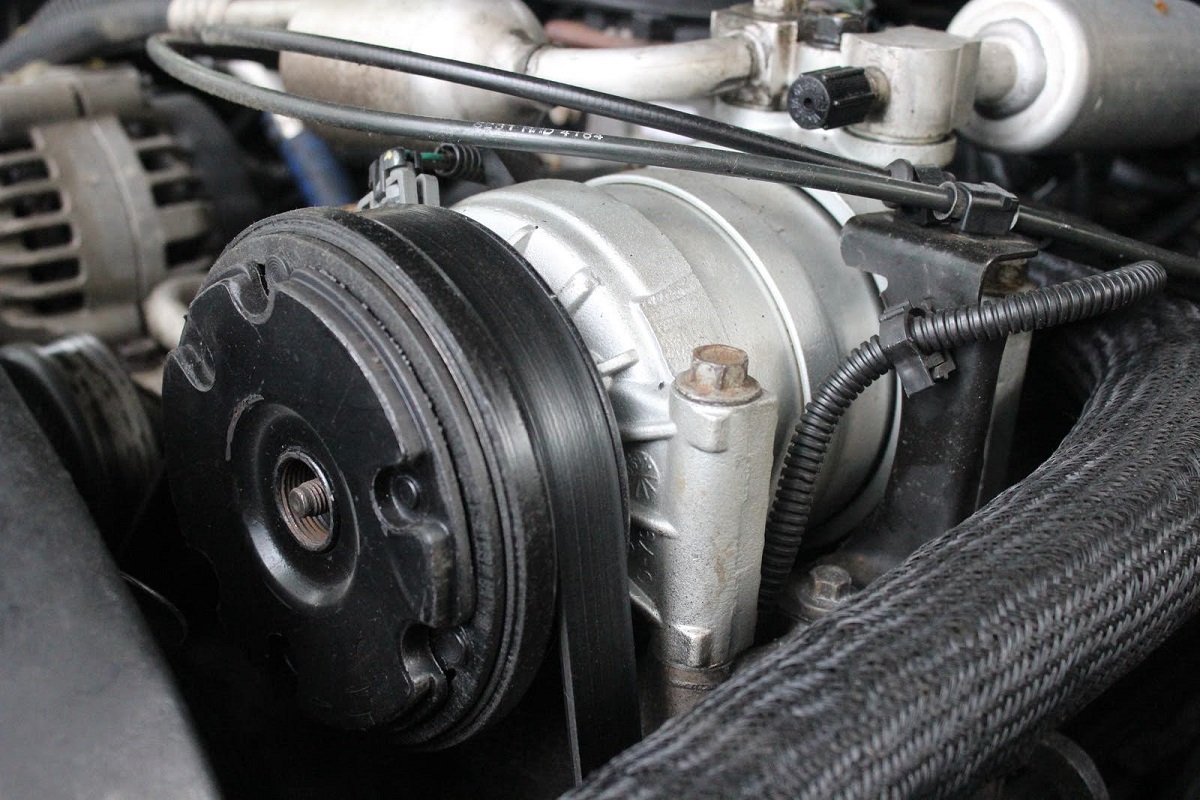
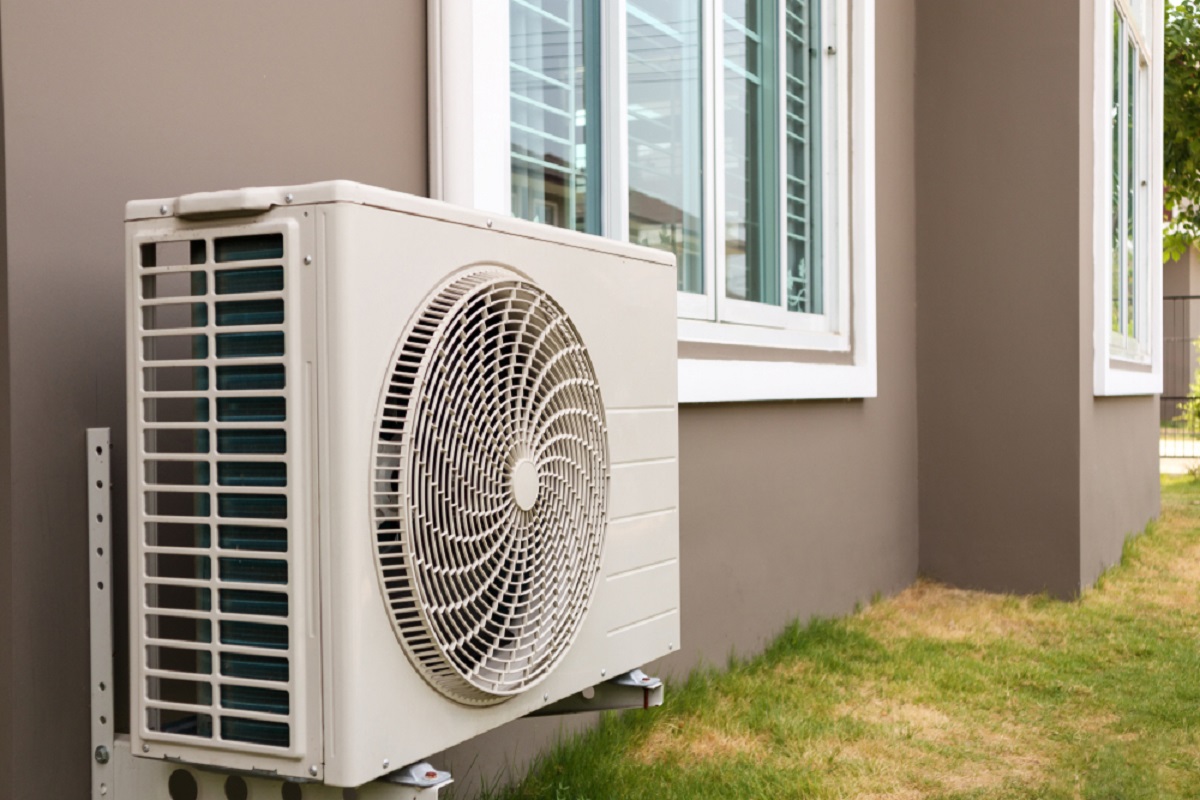
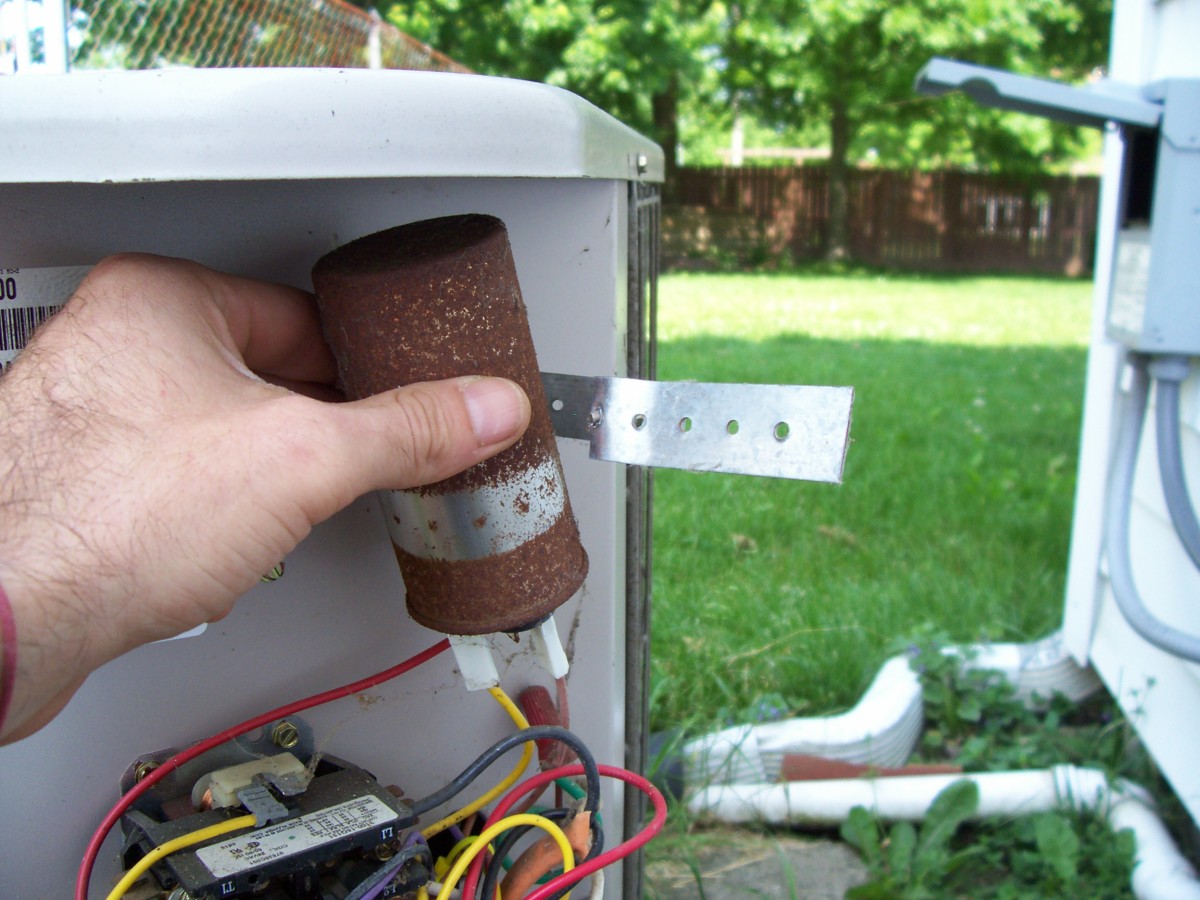
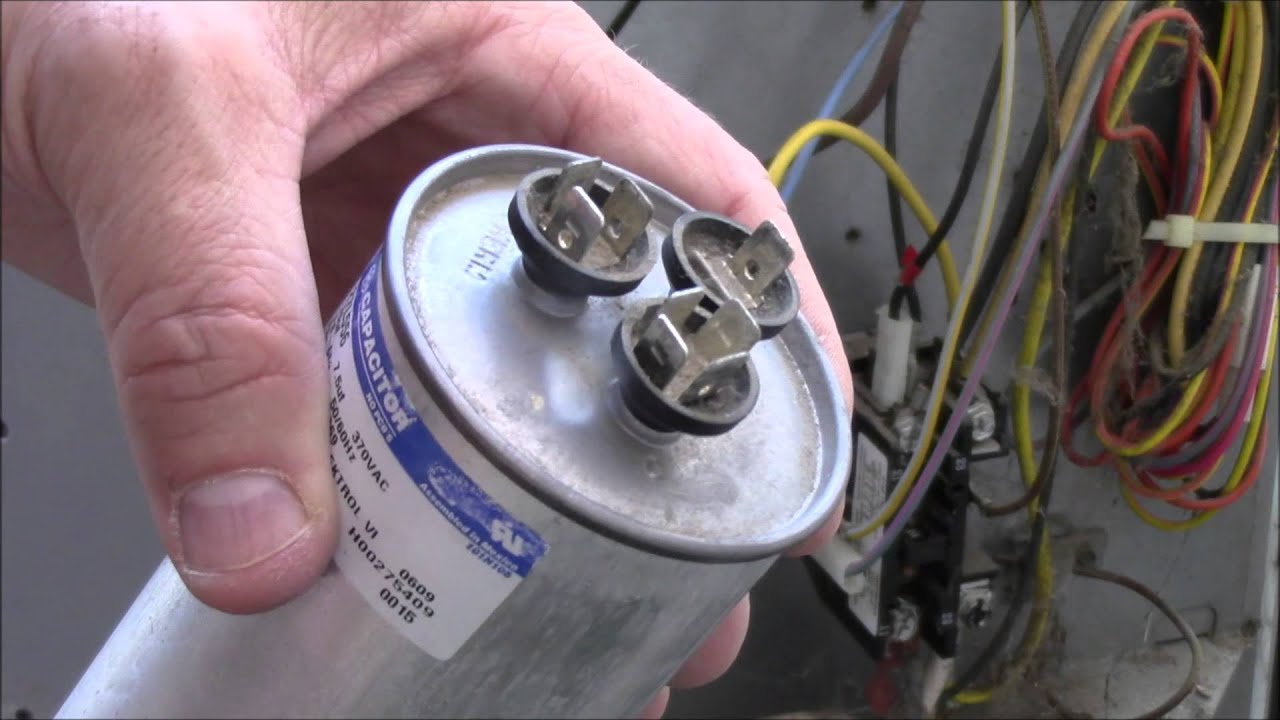
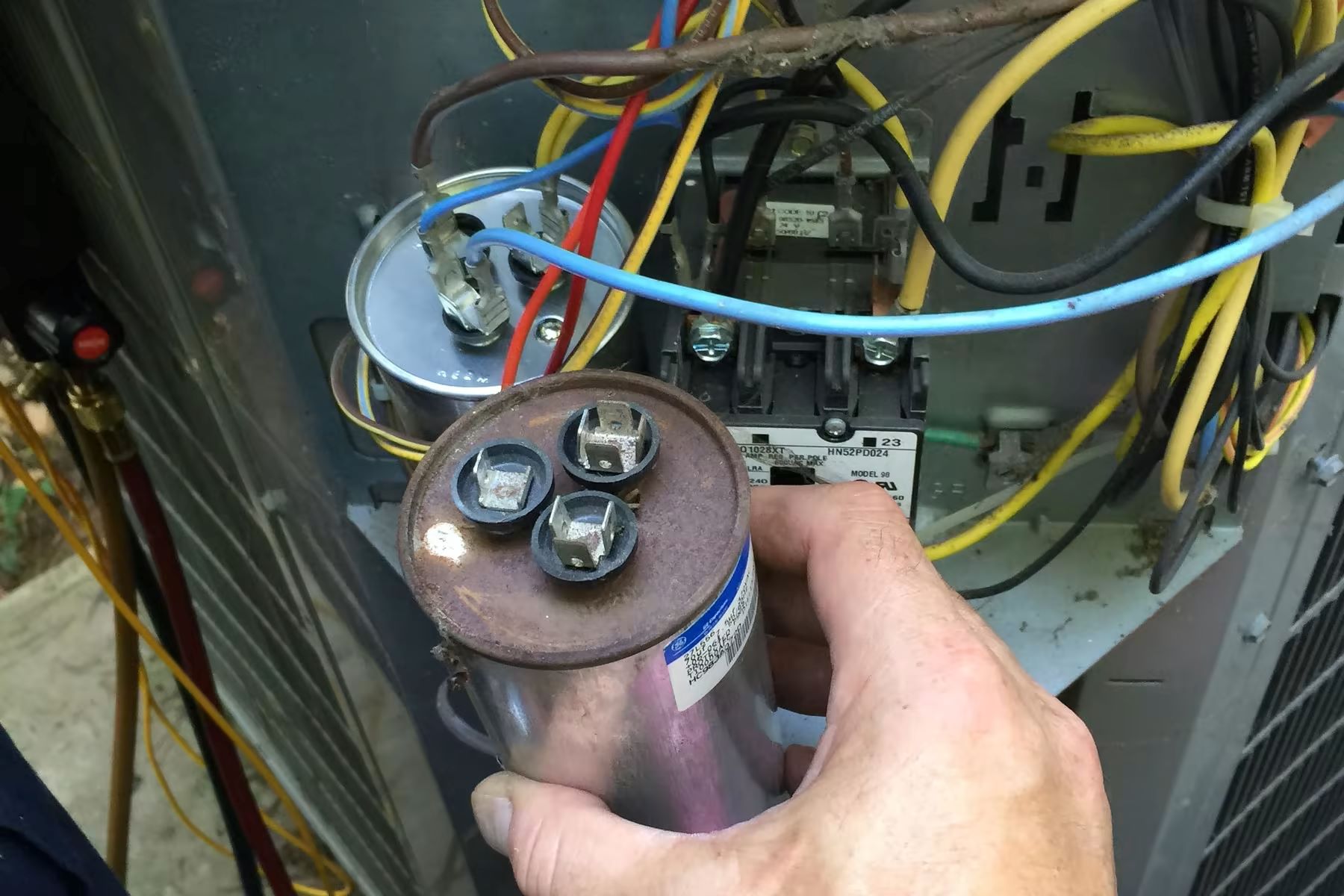
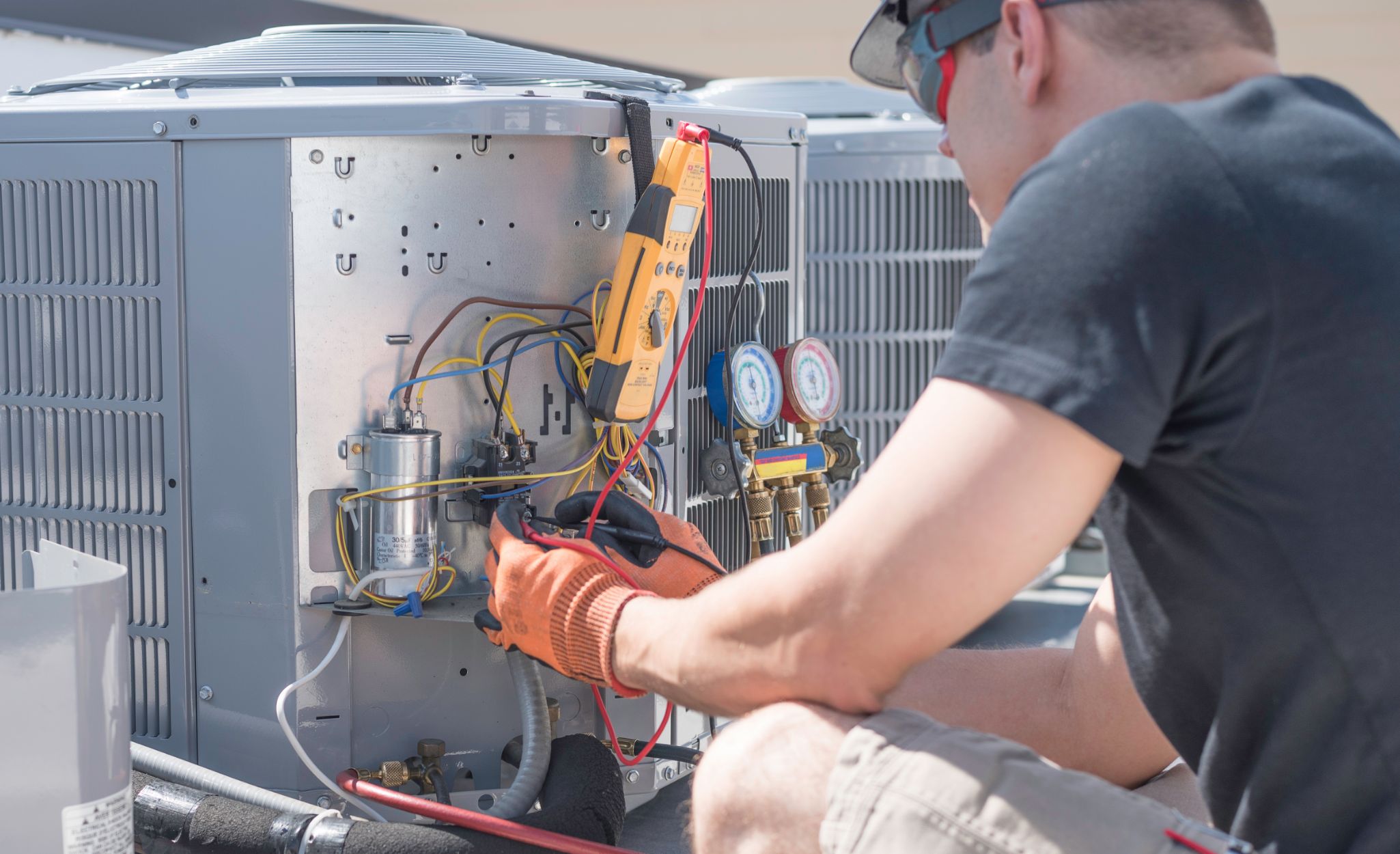
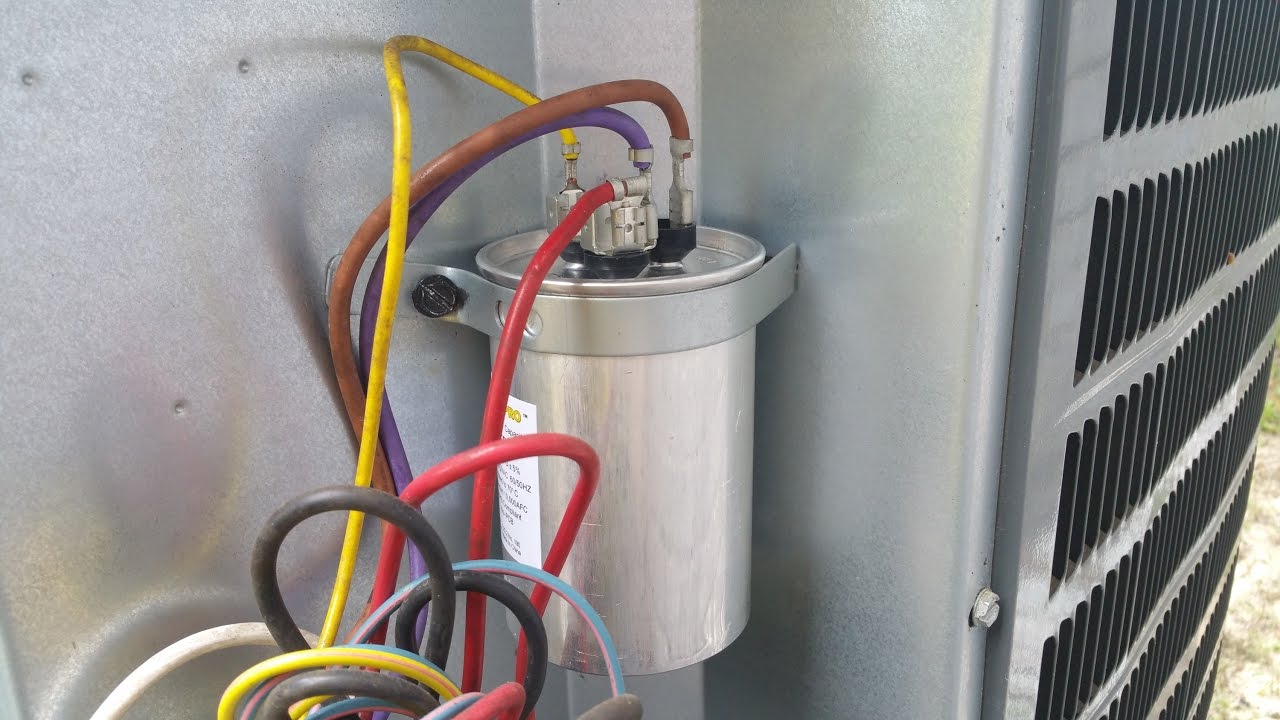
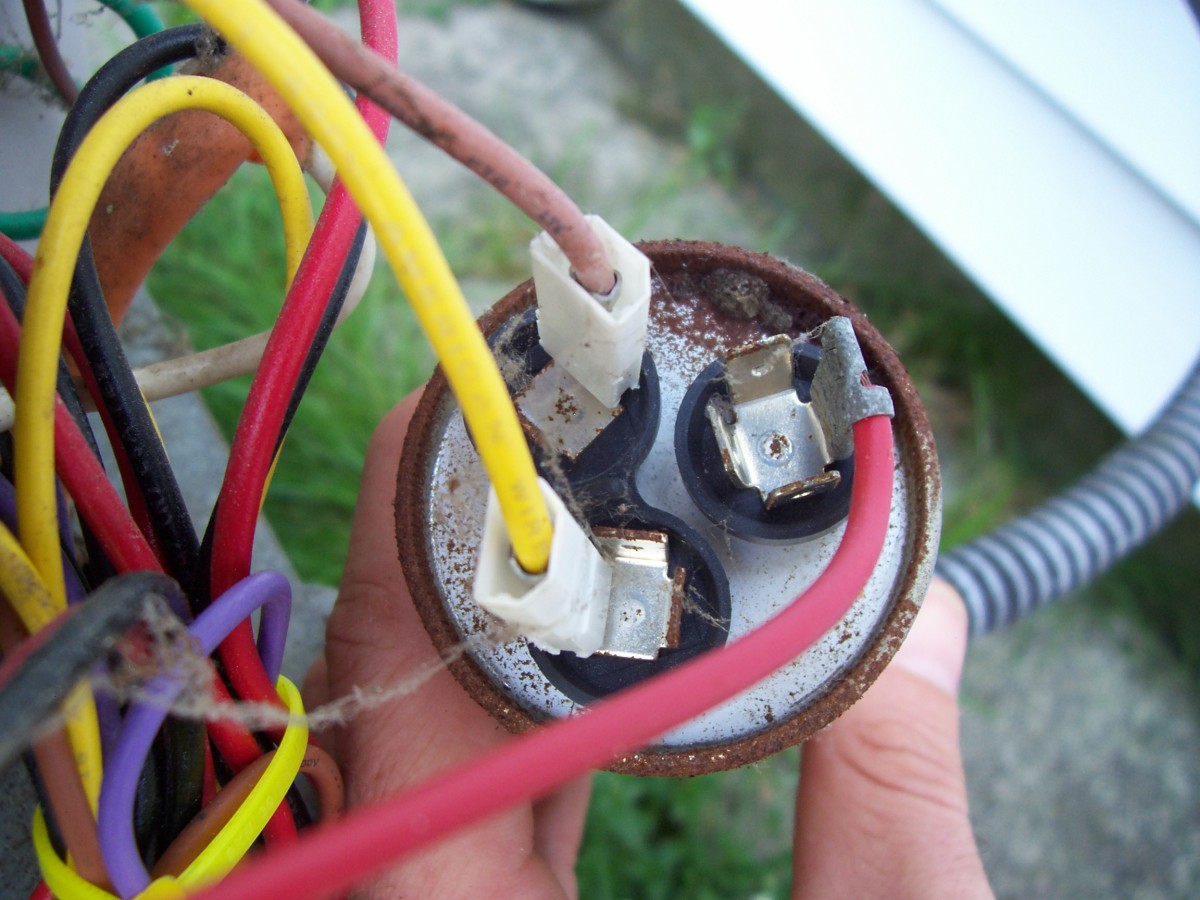
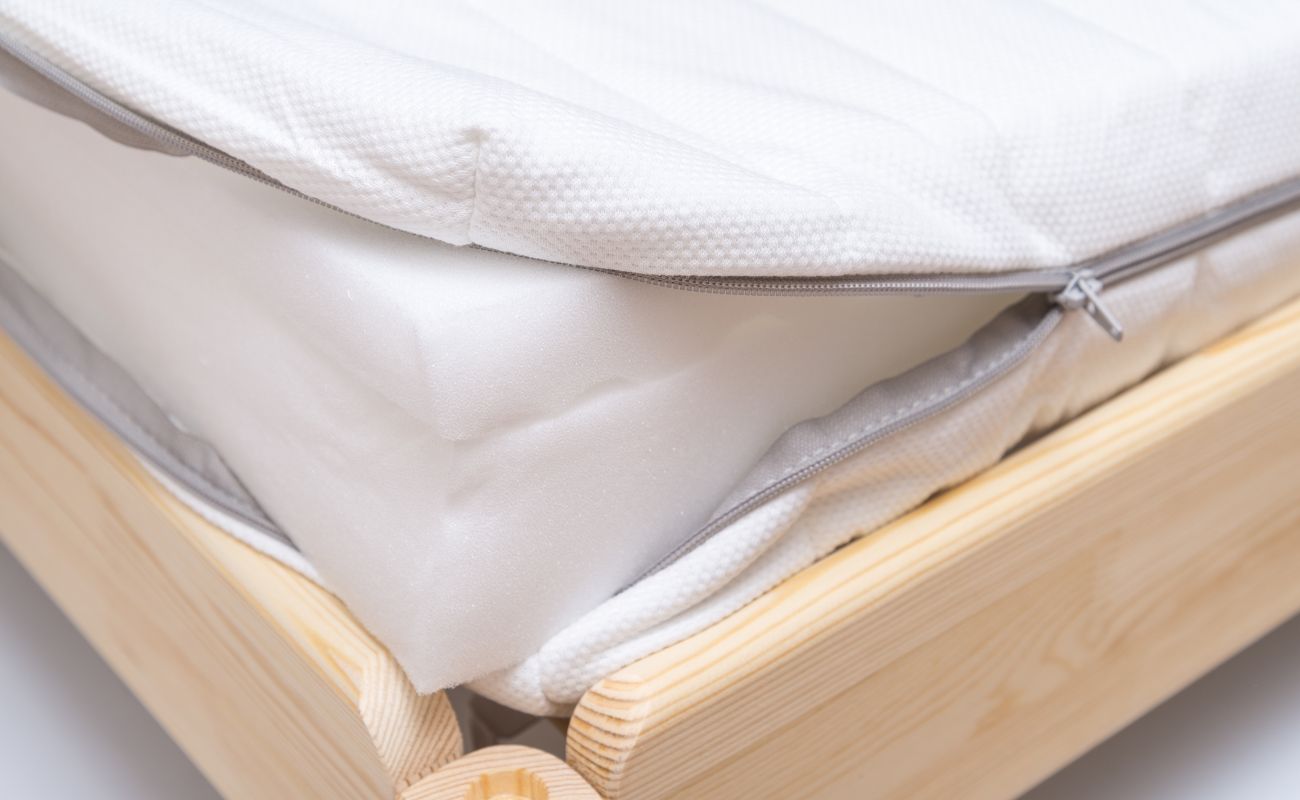






0 thoughts on “How Long Does AC CapACitor Last”